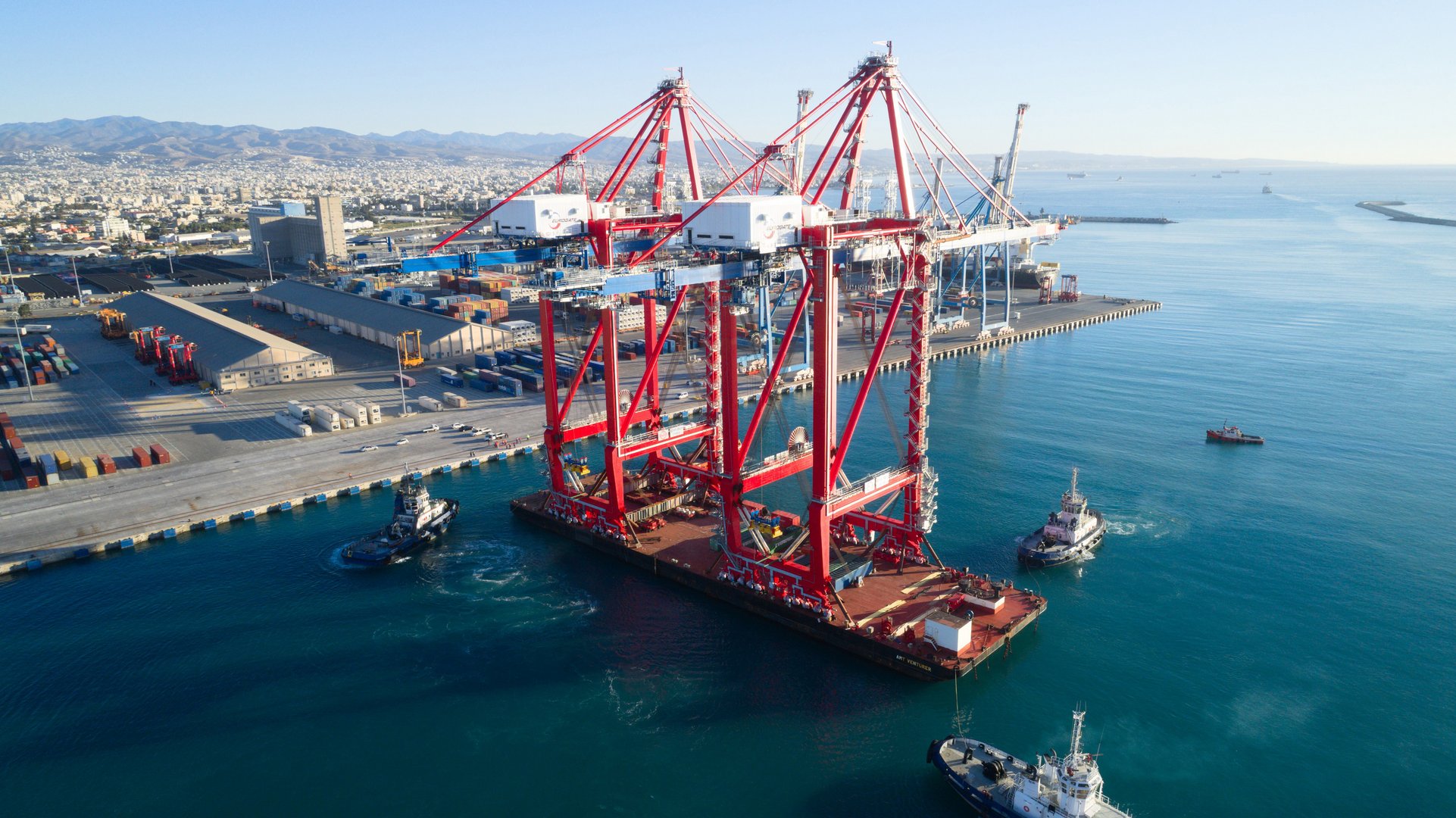Akel, as the champions of state ownership, immediately seized the figures about Limassol port presented by the Cyprus Ports Authority to the House finance committee for its ongoing propaganda campaign against privatisation. For the communists, inefficient, wasteful, overstaffed, over-unionised state-owned organisations controlled by the political parties are a blessing and must be defended at all costs. This perverse thinking has been embraced by all the political parties, with the notable exception of Disy, and they blocked all plans for the privatisation of both Cyta and the Electricity Authority.
The House finance committee heard how container traffic had declined significantly since Limassol port was privatised. Whereas in 2016 container capacity transit trade was above 40,000 TEU (twenty-foot equivalent unit, which is used to measure capacity in container transportation) in 2020 it was a tenth of this at 4,197 TEUs. The reason for this was the high prices charged by the port’s concession holders, the head of the Ports Authority said. Prices for container ships were higher than those charged by ports in Egypt, he told the committee.
This allowed Akel spokesman Stefanos Stefanou to mock Disy’s claims that privatisation would make Limassol port more competitive. On the contrary, he said, the port had become more expensive and less competitive with local businesses being forced to pay higher prices, proof that privatisation was harmful to the country. The government made a very bad deal in selling off the port, Stefanou claimed misleadingly.
The reality is that the port is uncompetitive and charging higher prices because the government made a very good deal for the state. It maximised state revenue from the concession which forced the company to charge higher prices to make ends meet. According to the figures given to the House committee on Monday, the state had received twice as much money from Limassol port since its privatisation. From 2012 to 2016 state revenue from Limassol port operations was €115 million, whereas since 2017 it was €201 million and in the latter period the state paid nothing for the port.
The significantly increased revenue for the state increased the costs of running the port and these were bound to be passed on to the businesses using the port. Of course, if the government had negotiated a smaller revenue for the state in exchange for the port concession then the operator may have charged more competitive prices, but Akel and the rest of the anti-privatisation brigade would have protested that the concession had been given at a cut rate.
It is impossible for the state to squeeze as much money as possible from the operator while expecting the latter, at the same time, to keep port rates competitive. You cannot have your cake and eat it too, as Akel would have us believe.







Click here to change your cookie preferences